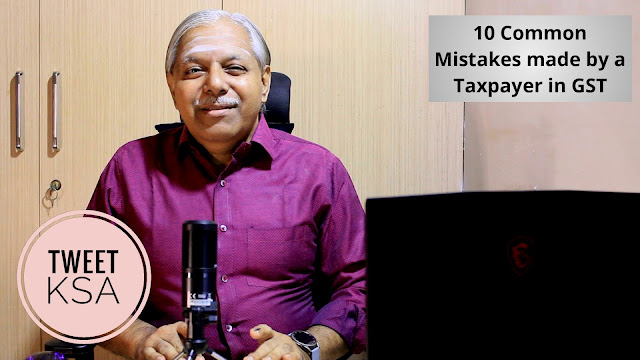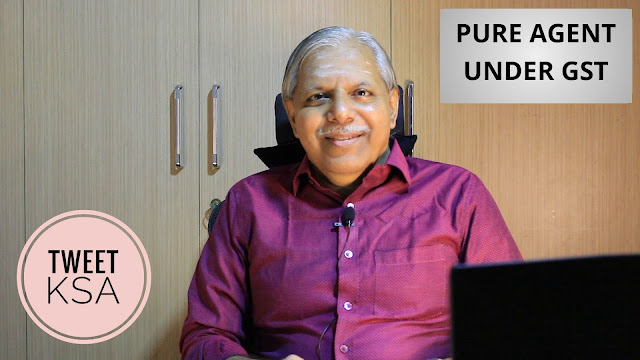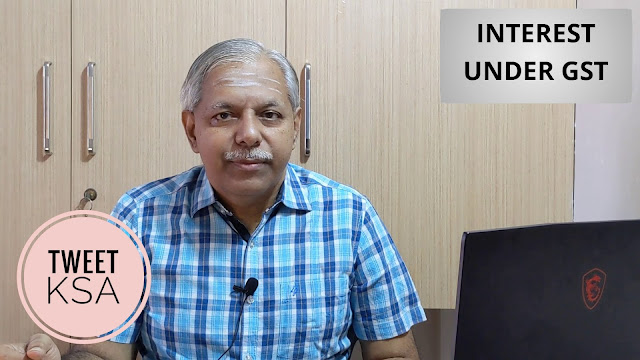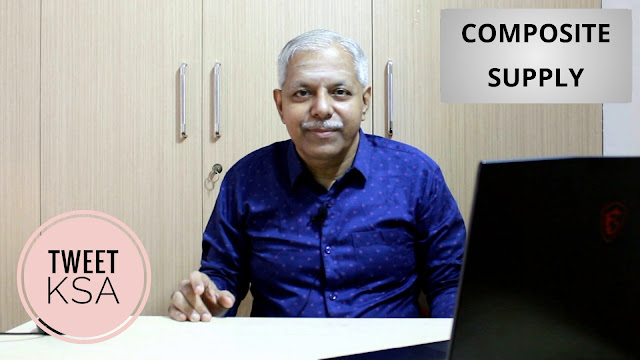10 Common Mistakes made by a Taxpayer in GST
10 Common Mistakes made by a Taxpayer in GST
1. Forgetting Filing of GST Returns in case of NO BUSINESS.
Many times, it had been seen that taxpayers take GST registration to start a business idea or simply to open a current account in a nationalized bank. But to save the money in fees of GST Consultant Services they avoid filing of GST Returns, if they do not have any transaction in the business. So, this is to tell you that even NIL GST returns attracts late
fees if not filed on due time.
2. Update contact information of taxpayers and not of tax professionals.
In the view of saving some time in filing of GST Returns most of the tax practitioners update Phone Number and Email ID of themselves and not of taxpayers. This may create problem as sometimes it has been seen that department of GST was not able to communicate the taxpayer due to non-availability of contact info and ultimately may result to harsh provisions for taxpayers and even for tax practitioners.
3. Booking ITC (Input Tax Credit) without following rules properly.
In GST it is clearly stated that for booking and availing ITC one has to adhere some rules and conditions, one of the important rule is that taxpayer should have possessed the Tax Invoice for the purchases on which he is booking ITC, second main rule is the invoice for which ITC is going to be booked should be visible in GSTR-2A/2B but in many cases this is found that taxpayers takes ITC on the basis of invoices only which may result in dis-allowance of credit so booked.
4. Non-Payment of GST in Reverse Charge Mechanism.
Reverse charge was imposed by GST as same as it was in VAT or Service Tax previously. There are certain supplies in GST which attracts GST on reverse charge manner, which means GST on those supplies have to be paid by the receiver or buyer of the supply and not by the supplier or seller of the supply.
Most common supply in RCM is supply of services by goods transport agencies, hence one should take care for the payment of GST under reverse charge mechanism. On the other hand, supplier of such services has to be cautious that he needs not to pay GST on his supplies otherwise it will be counted as double payment of tax.
5. Non-Filing of Final Return GSTR-10.
Person takes GST registration in view of starting a business but not everyone gets successful in having a good business. So, they finally decide to surrender the GST number they have taken but, in this case, they don’t know, or they forget to file Final Return, i.e., GSTR-10.
GSTR-10 has to be filed within stipulated time after cancellation of GST number otherwise it will attract late fees at rate of Rs.100 per day in CGST and Rs.100 per day in SGST (maximum to Rs.10000). So be careful that you need to file Final Return GSTR- 10 if you get your GST number cancelled.
6. Wrong understanding of LUT.
LUT (Letter of Undertaking) is a document which is required to be filed by the exporters if they are opting for the export of goods or services without payment of tax. On many websites and many blogs, we can read that LUT is valid for 1 year, but that’s not completely true. As per the rules LUT filed during the year is valid till the end of the particular Financial Year. For Ex- LUT filed on 01st April 2019 will be valid till 31st march 2020 and LUT filed on 01st January 2020 will also be valid till 31st March 2020. So please update your LUTs on time.
7. Non Updation of Additional Place of Business (APOB).
Taxpayers may have more than one business premise in the same state, but they show only their main office in the GST Registration. Although non updation of additional place of business does not affect GST revenue nor taxabilities but still this is a violation of GST law which can ultimately result in impose of penalties on the taxpayer.
8. Not mentioning Exempted Turnover in GST Returns.
Exempted supplies or zero-rated supplies does not have any effect on the GST liability to be paid, this fact makes taxpayers lenient for the reporting rules for this sale.
Every business has to show its exempted or nil rated or zero-rated sales in its GST returns 3B and GST Return 1. Otherwise, it will be considered as concealment of facts.
9. Enjoying benefits of Composition Scheme without being eligible.
Composition Scheme was launched to provide benefits or relaxations to the small taxpayers of the industry, but all benefits have its own conditions. For taking benefits of Composition Scheme, one has to adhere with some conditions otherwise he will be considered as ineligible and may result in unplanned GST liability.
10. Not mentioning HSN summary in GSTR-1.
Yes, it is important to mention HSN wise summary in the GST Return-1, though it’s not mandatory for all but everyone seems to take this condition as an option which is not good and will take you on the wrong side at the end.










